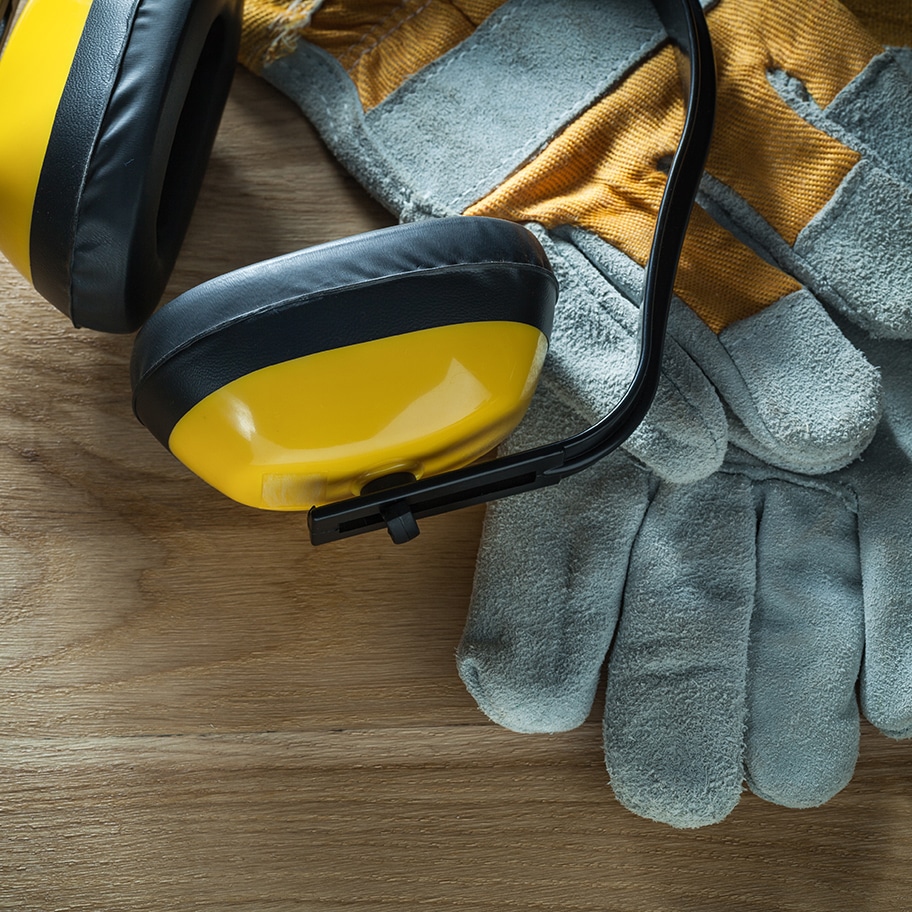Severity of the Crush
The severity of crush injuries and accidents can vary from minor injuries that may leave you unable to return to work for a few days/weeks to more serious injuries that may mean you cannot return to work, have to change your job and/or your quality of life is affected as a result. Regardless of which end of the spectrum you fall, there may be a legal route for you. If you have been involved in a crush injury it is critical to report the event once in a medically stable condition. If you have any queries or are uncertain about your situation contact our injury solicitors to tell us about your case and find out more about this subject.
Causes
Overcrowding
Crush injuries can occur both at the workplace and in public. A person can sustain an injury as a result of being in a large crowd that is not properly controlled or protected by the relevant authorities. Such an example of this has been seen at music concerts and football stadiums.
Machinery
The use of heavy machinery either at home or at work poses a significant threat to a persons’ health if inappropriately used. Those operating machinery in the workplace must be provided with (by their employer) relevant training, or have the relevant experience before operating the machinery. It is essential to have a firm level of training and understanding of the machine prior to use. Safety features such as guards and personal protective equipment (PPE) must also be provided by the employer. Failure to provide these safety measures may lead to injury and liability on the part of the employer.
Doorways
This is the most common cause of crush injuries. A person traps their fingers in the door resulting in severe pain. Doorway crushes can occur in public places where the door may be faulty or needs refurbishing. If the owner of a public place, like a restaurant, allows the use of an unsafe door they may be held liable for damages. The same can be said for an employer, if they have not provided a safe environment for their employees, they may also be held liable for the injury.
Road Accidents
Due to the high level of force when two vehicles collide it creates excess pressure on the body, often resulting in crush injuries. This form of road accident can also happen in a different capacity, such as a pedestrian accident.
Sport Accidents
Sports players take the risk of serious injury when entering the field of sport. Although this is unlikely it can occur in seldom cases. It may be worthwhile checking what areas your insurance covers you when playing a sport.
What Parts of Your Hand Can Be Injured?
Bones of Your Hand
The human hand is made up of a number of different bones. Within each finger, there are three bones – the proximal, intermediate and distal phalanges. Damage to these can be repaired but it is likely not to recover to the mobility it once had.
Muscles, Tendons and Ligaments
These soft tissues allow your hand to grasp and release. Any damage to them can result in loss of movement which can be permanent.
Nerves of Your Hand
The nerves placed inside the hand allow a person to have their sense of touch. If these nerves are damaged the sense of touch can be reduced.

